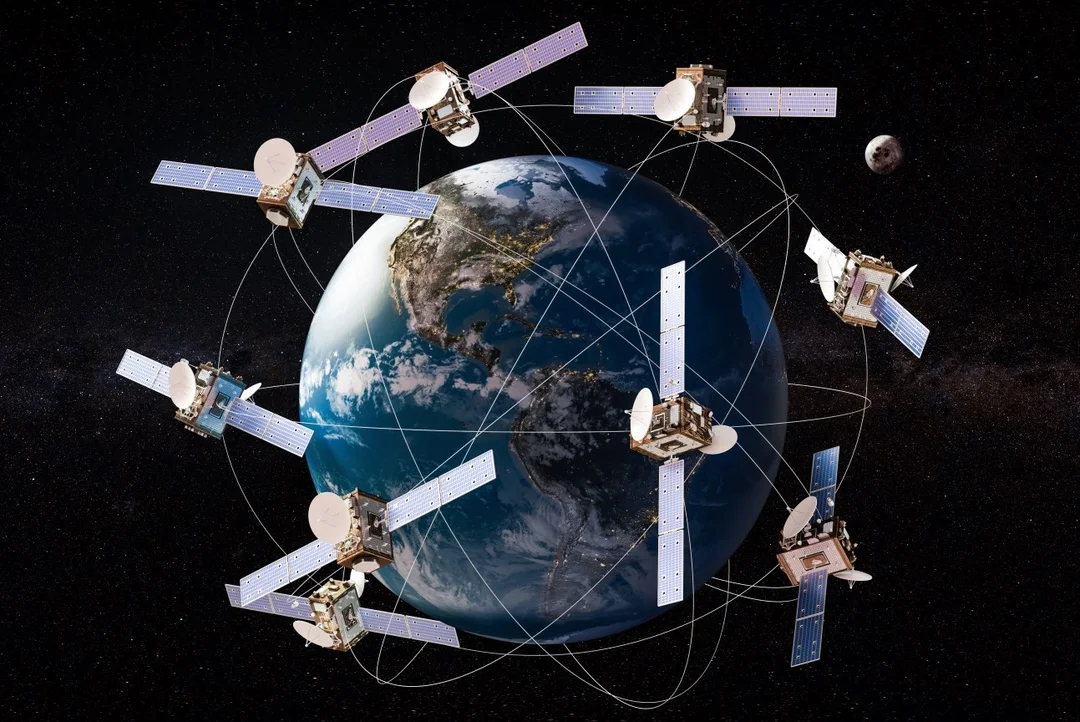
China Launches Ambitious Space-Based AI Supercomputer, Aiming to Leapfrog Global Tech Race
China is making a bold move in the global tech arena with its groundbreaking "Three-Body Computing Constellation" project. On May 14th, the nation launched 12 satellites, marking the initial phase of what's envisioned as the world's most powerful orbital supercomputer. This ambitious undertaking aims to bring artificial intelligence processing directly to space, potentially revolutionizing data handling and solidifying China’s position as a leader in space infrastructure.
The project is a collaborative effort between ADA Space, a Chinese aerospace startup, and the state-backed Zhijiang Laboratory. The core concept is a departure from traditional satellite data management, which typically relies on transmitting information to Earth for processing. Instead, the "calculation in space for space data" model aims to handle vast data sets more efficiently, bypassing the limitations of Earth-based data centers.
Wang Jian, director of Zhijiang Lab, emphasized the necessity of orbital computing power, stating that AI should not be absent from space due to a lack of processing capabilities. By conducting complex computations in the vacuum of space, China hopes to leverage natural cooling and direct access to solar power for optimal efficiency.
Each satellite in the Three-Body Computing Constellation boasts an advanced AI model with 8 billion parameters. The initial 12 satellites can perform up to 5 peta operations per second (POPS). Upon completion, the network expects to reach a staggering 1,000 POPS, rivalling the most advanced terrestrial supercomputers.
These satellites aren't just about raw computing power, though. They are also equipped with tools for real-time Earth observation, 3D terrain mapping, and even the detection of cosmic X-ray bursts. ADA Space reports that the system will enable the generation of "digital twins" of Earth’s terrain in real-time, ultimately benefiting industries from agriculture to national defense.
Looking ahead to the future. "What started out as a prestige project to be the first computer network in orbit has become a force to be reckoned with. China’s Star Computing platform is open for business — in space!" - Mindbullets May 22 2025
While primarily a national initiative, Chinese officials have expressed interest in international collaboration, particularly with countries of the Global South. The goal is to develop a "smart, interconnected, low-carbon, globally accessible and sustainable" orbital infrastructure.
The Three-Body Computing Constellation signals China’s intention to lead in orbital computing and redefine how data is processed and used in space. While the full constellation is still several years away from completion, this initial satellite launch represents a significant leap forward in the emerging space-based AI race.
What are the potential implications of a space-based supercomputer? Will this technology truly revolutionize industries and how could this impact international relations in the tech sector? Share your thoughts in the comments below!